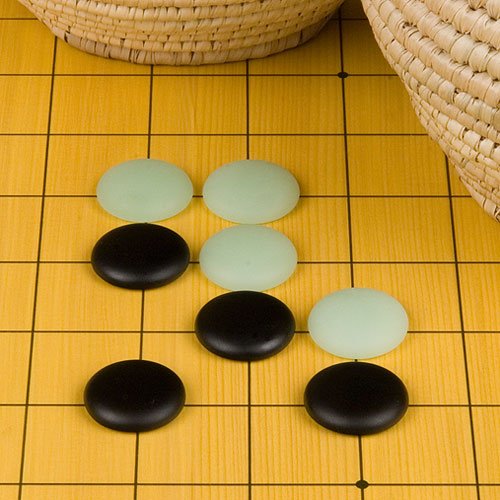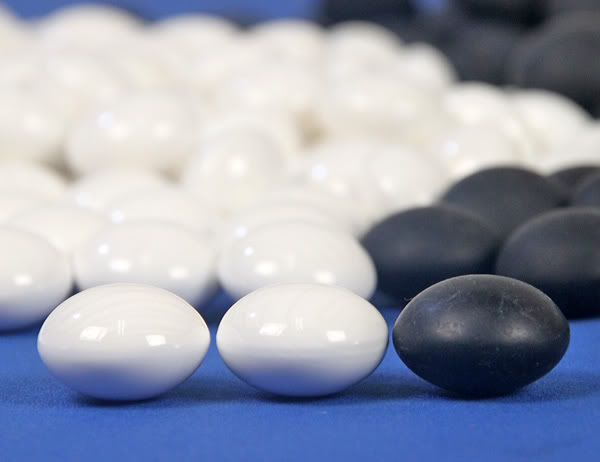Some people seem to ask this question, meaning to say: "Criminal means illegal. The government determines what is legal and what is not. Therefore, how can the government be criminal?"
Imagine the following scenario: A large ship goes on the shoals near a deserted island. The passengers safely escape and set up a small community on the island. Because most passengers are middle-aged Americans from Texas with strong sense of property rights, they don't really need a "government". Each passenger homesteads a piece of land on the island, builds a house, and harvests whatever local produce happens to be on his piece of land. Those close to the ocean catch fish. Those close to the mountains mine salt. Those close to the forest collect coconuts. Then these people trade with each other.
Now, imagine that among these people there is one person from California. He believes that because he made a mistake of homesteading a piece of land on the swamp, he is unlucky, and he deserves better. After a bit of thinking, he comes up with a scheme of how to become richer. He comes to the coconut guy, the fish guy, and the salt guy and tells them: "Each of you will pay me some of your produce, and I will protect you from your neighbors." Well, the peaceful Texans tell this guy to go jump in his swamp. They don't need protection.
Then, the next night, a coconut tree belonging to one of the islanders is set on fire. The next morning, the swamp dude comes back and says: "See, you do need protection after all, don't you?" From his demeanor and some other evidence (let's say, some shoe tracks under the burnt-down coconut tree), it is clear that it was this guy who set the tree on fire.
Now, would you say that his behavior is criminal or not? Do you need a government on the island to figure out whether this guy is acting immorally and violating other people's rights, or can you figure it out by yourself?
I think most people would conclude from answering these two questions that indeed you do not need a government to figure out which behavior is criminal and which is not.
Next scenario: imagine that the people were not from Texas, but from New York or Boston. Therefore, they were convinced by the Californian that he needs to be their guard. But after a while, the Californian decided that he can interfere in their private lives (for instance, he tried to tell them how to raise their children). Or he raised the price of his "service". Or he tried to regulate the trade that they do with each other. Then, even the New Yorkers and the Bostonians told this guy that they don't like what he is doing and they are not going to comply with his "laws".
And the story repeated itself. The guy came to the coconut harvester and burnt down some of his trees.
Would you now say that the Californian's behavior was immoral? Has anything changed between the first scenario (when the guy was not hired as a guard) and the second one (when he was)? Did the fact that he was hired as a guard give him permission to use force in any way except to protect his clients from attack by their neighbors? If he used the weapons that he was provided with in order to do his job as a way to increase his personal benefits and power, is he not a criminal despite being the "government" of the island?
In our everyday lives, today, our government is the Californian from my example. It is a criminal organization that violates people's rights, uses force in an immoral way, and is no better than a mafia bully. There is no sacred reason why people should obey the laws that the government creates. And I honestly believe that even covers the Dina D'Malchusa Dina (more about that later).
* * *
By the way, you can also say that the government's actions are illegal. For example, there is no law that says that citizens
have to pay income tax, i.e., file the 1040 form. The filing is a case of "voluntary cooperation". The Supreme Court has determined that the government has no right to enforce income tax payment.
Even though lower courts said the opposite, they did so in opposition to the Supreme Court. Thus, their actions are not only immoral, but also illegal and unconstitutional. The reason they feel they can do it is most citizens don't have money, knowledge, or connections to bring their cases to the Supreme Court. In those instances when the citizens did bring their cases all the way up, the Supreme Court ruled every time that enforcement of income tax is unconstitutional.
Furthermore, in the IRS code, income is defined not as "wages" but as corporate profit.
So, the government has no legal basis for arresting people and seizing their property for non-payment of income tax. Yet, the government (and IRS) officials, the police, and the lower courts do that. How would you classify their actions if not "criminal"?




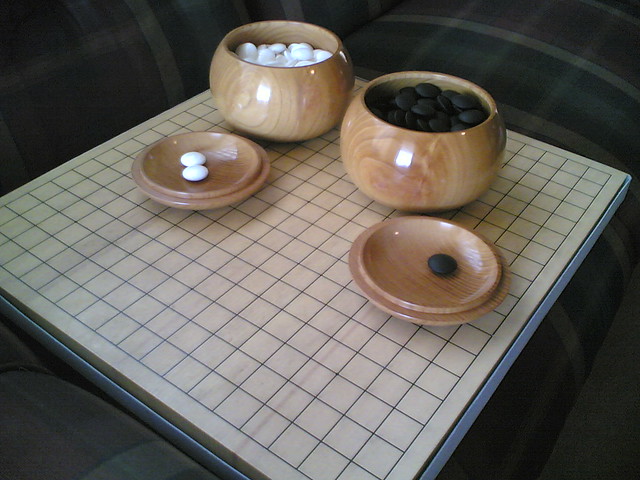
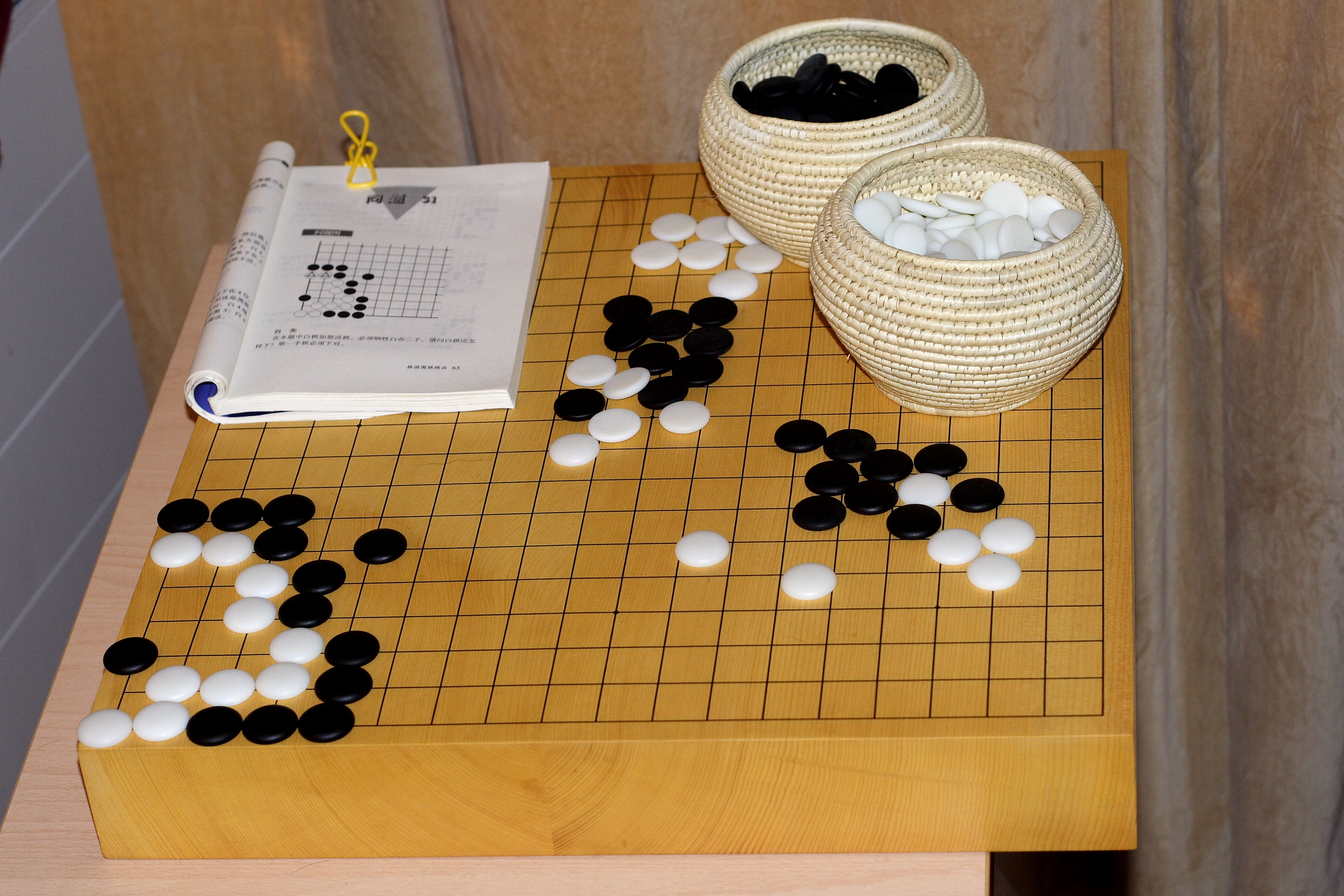
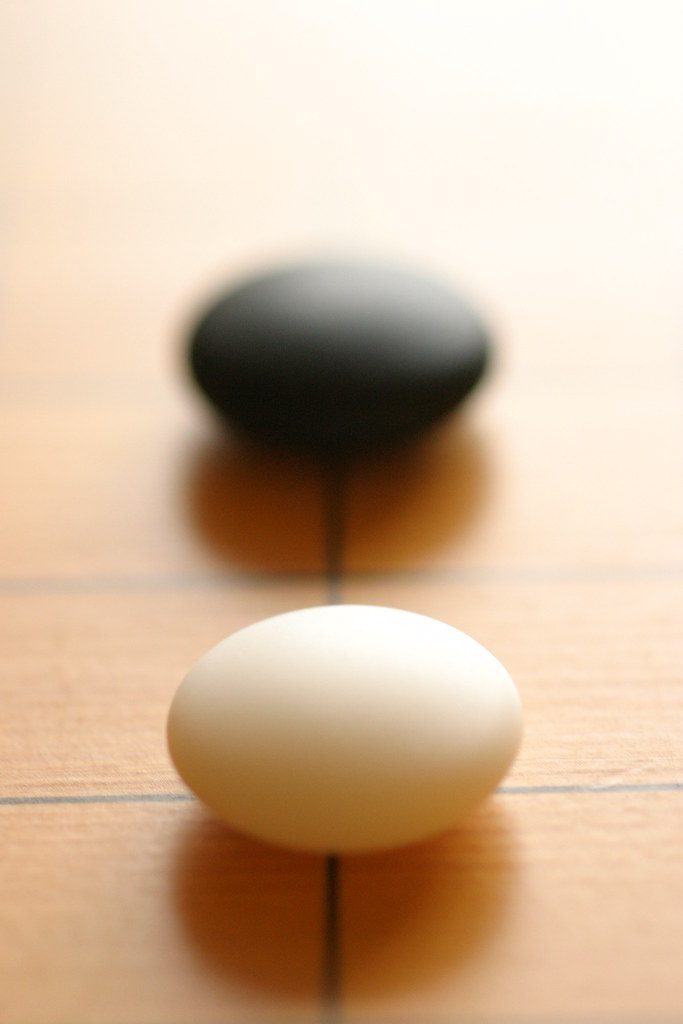







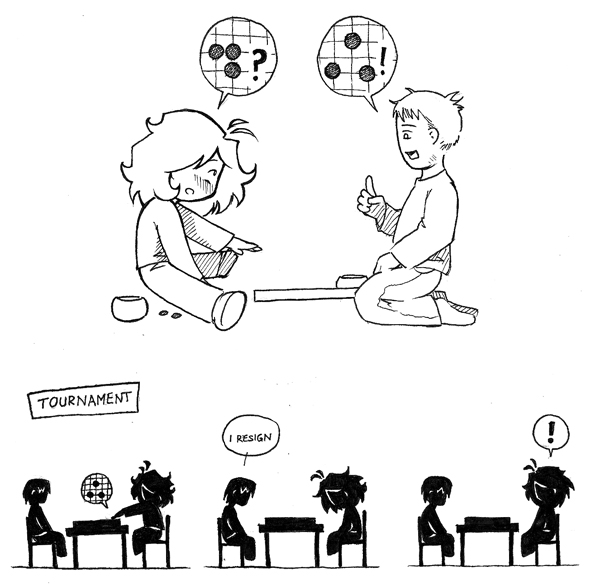
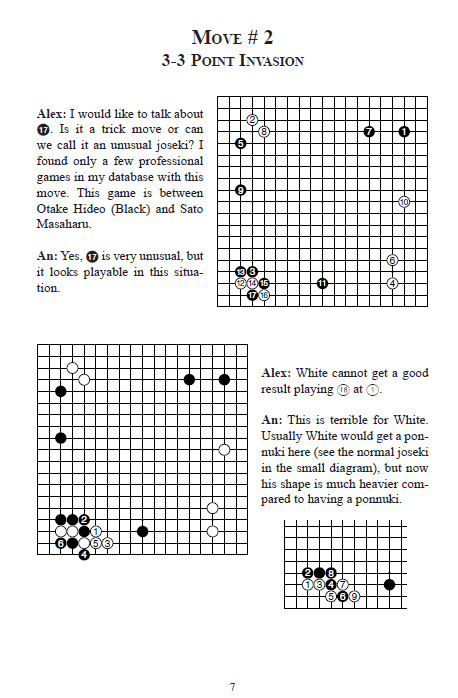








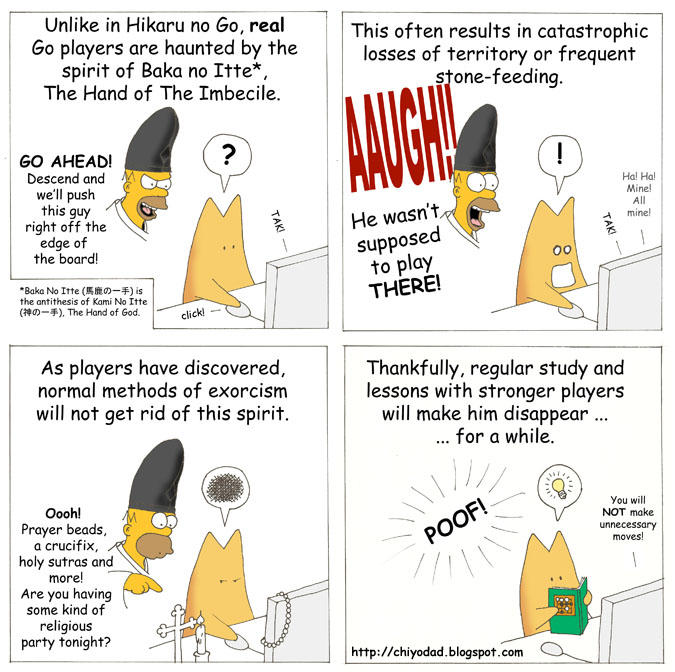




![[cdlg070728c.jpg]](https://blogger.googleusercontent.com/img/b/R29vZ2xl/AVvXsEgngq0-FnwShYt7nWY682_VKG1w4GkIxTVxbqb0igFpCnl4a-xpd6v0zehtfLu0v5a0UkO8O1gId_G8CgAnRpwLQ8ozf5sWQJ6o87h2UTW27m0qaMF-jyXyoY2ryizpcT07QpbtLEhHw7Zh/s640/cdlg070728c.jpg)
